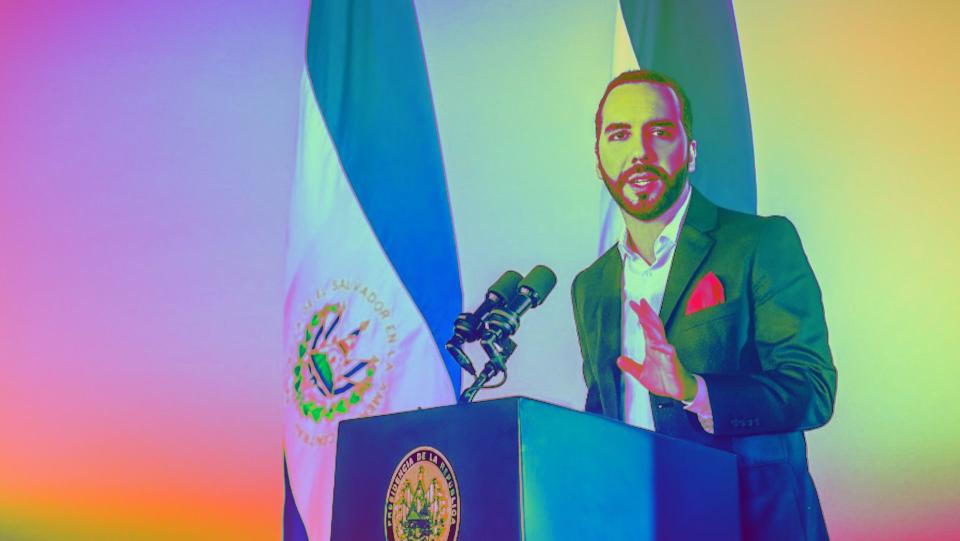El Salvador Doubles Down on Bitcoin

In a series of strategic moves that underline its commitment to cryptocurrency, El Salvador continues to deepen its engagement with the digital currency market, particularly bitcoin {{BTC}}. President Nayib Bukele recently announced El Salvador's plan to buy one bitcoin every day, aiming to continue this practice until it becomes unaffordable with fiat currencies. This initiative has pushed the nation's bitcoin holdings to a substantial total of 5,690 BTC, valued at approximately $400 million.
This feature is part of CoinDesk’s “Future of Bitcoin” package published to coincide with the fourth Bitcoin “halving” in April 2024. Tatiana Koffman leads investment firm Moonwalker Capital, is the author of the popular financial newsletter MythOfMoney.com.
In tandem with its cryptocurrency endeavors, El Salvador has made a bold statement in the global investment landscape by eliminating income tax for international investments and money transfers. This tax cut, from 30%-0%, is designed to attract foreign investors and boost economic growth.
The country's commitment to bitcoin was further highlighted this week as it transferred more than 5,000 BTC into a cold wallet. President Bukele disclosed that a significant portion of these assets, amounting to $400 million worth of bitcoin, has been moved to an offline device stored in a physical vault within the nation's territory. This move to secure the digital assets in a "Bitcoin piggy bank" marks a significant step in El Salvador's financial strategy, offering a higher level of security and signaling strong faith in the cryptocurrency's future.
The decision to make the transfer to a cold wallet came after El Salvador's bitcoin treasury swelled unexpectedly, nearly doubling its previously known stash. The country had been acquiring bitcoin through various means, including daily purchases, sales of passports, currency conversions for businesses, mining and government services. This approach has dramatically increased El Salvador's bitcoin holdings, which were believed to be less than 3,000 BTC before this revelation.
See also: El Salvador Holds More Bitcoin Than Expected
El Salvador's pioneering stance on bitcoin began in September 2021 when it became the first country to adopt the digital currency as legal tender. Since then, bitcoin's value has seen significant fluctuations, recently hitting a record high of $73,800. The country's ongoing daily bitcoin purchases and the creation of a tax-free crypto haven powered by geothermal energy from a volcano showcase its innovative approach to harnessing cryptocurrency for economic development.
President Bukele's vision extends beyond merely accumulating bitcoin; he envisions transforming El Salvador into a wealthy nation through strategic investments and initiatives related to the digital currency. Despite criticisms and warnings from international bodies like the International Monetary Fund (IMF), El Salvador's commitment to its bitcoin strategy remains steadfast, with the nation showing no signs of divesting from the cryptocurrency.
El Salvador's bold foray into the world of bitcoin and its efforts to create a conducive environment for cryptocurrency investments reflect a significant shift in how nations perceive and engage with digital currencies. As the country continues its bitcoin acquisition program and enhances its cryptocurrency infrastructure, it sets a precedent for others to follow, potentially reshaping the global financial landscape in the process.

 Yahoo Finance
Yahoo Finance 